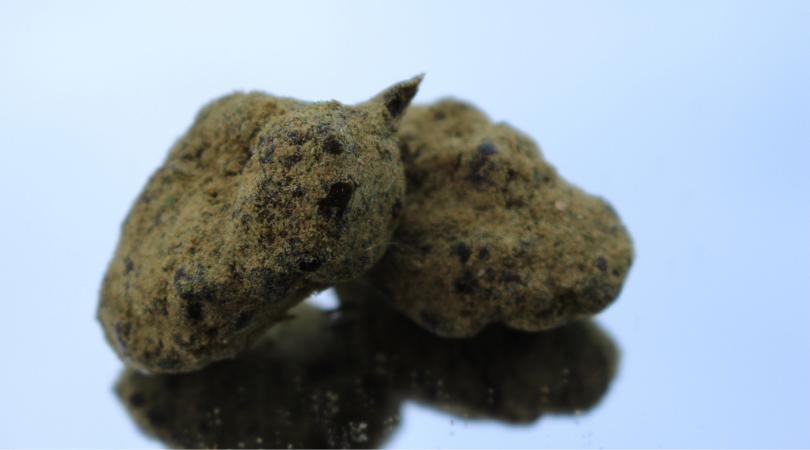Recreational marijuana has only been on sale for two weeks, but some dispensaries are already running out of products.
It’s not because there’s a shortage of pot in the state – in fact, the opposite is true. It’s because of a hang-up in the distribution process.
Per the law, alcohol distributors have exclusive rights to distribute marijuana for the first 18 months of legal sales, but up until this week none were ready to do so.
However, a solution is in sight. The Nevada Department of Taxation approved emergency regulations Thursday to speed up licensing of pot distributors. Under the newly approved rules, the department needs to prove there aren’t enough interested or qualified alcohol distributors to distribute marijuana and then they could turn to other businesses.
“Right now, there are only seven alcohol businesses that have applied and that’s simply not enough, considering that there are now 47 dispensaries that are selling recreational marijuana statewide,” Jenny Kane, a reporter for the Reno Gazette-Journal, told KNPR’s State of Nevada. “On the other side of that, about 87 marijuana establishments have applied for these distribution licenses.”
With the rule now in place, the taxation department can now establish criteria for a marijuana shortage. The department is now analyzing the demand for pot, the distribution of it, and whether distributors can provide enough of marijuana.
“It’s still going to take some time before we can fully establish that there’s a shortage of alcohol distributors, and then, assuming that there is one, it’s going to be two weeks before we get the marijuana people on board with it,” Kane said.
During Thursday’s hearing, the Department of Taxation granted licenses to Crooked Wine Co. of Reno and Rebel One of Las Vegas.
The problem stems from the original writing of the ballot measure, Kane explained. The group that wrote the original ballot measure sought support from alcohol distributors, so they included language that gave alcohol distributors exclusive rights to move the drug from growers to storefronts for the first 18 months of legalization.
However, when it came time to open the shops, not enough alcohol distributors were ready to distribute marijuana. Kane said the laws surrounding the drug are a lot more stringent and delivering a plant is a lot more difficult than bottled alcohol.
“Nevada is good at regulating vices, but this is a whole different industry from alcohol,” she said. “They found themselves a little flat-footed on this.”
Despite the back and forth on distribution, many dispensaries are ‘vertically integrated,’ which means the product is cultivated, produced and dispensed through the same company with no need for a third-party to move the product from growing operation to storefront, Riana Durrett explained. Durrett is the executive director of Nevada Dispensary Association.
Some people have blamed the trouble with distribution on fast-tracking of the marijuana industry. Under the ballot measure approved by voters in November, lawmakers and the Department of Taxation had until January 2018 to get all the systems in place to allow for recreational sales.
“The early-start program, that’s what it’s being called, allows for legal sales as of this July,” she said. “The Question 2 ballot measure didn’t actually require the Department of Taxation to allow for legal sales until next January. It allowed for legal possession but not legal sales. This caused a year long delay, which encouraged illegal market purchases, so the Department of Taxation sped up the process to close that gap.”
Durrett said starting marijuana sales before January also allowed the state to start gathering taxes six months earlier.
credit:knpr.org




